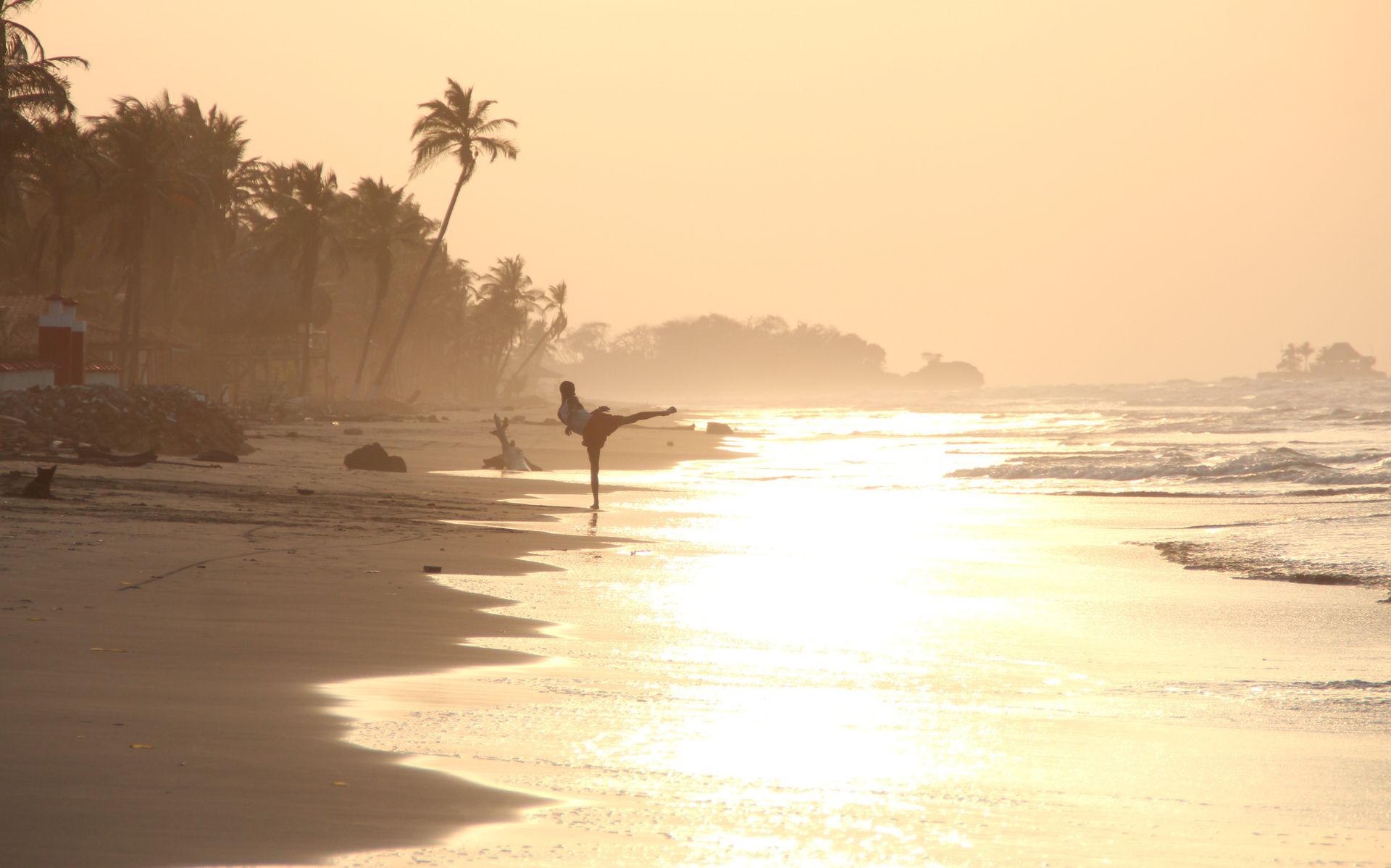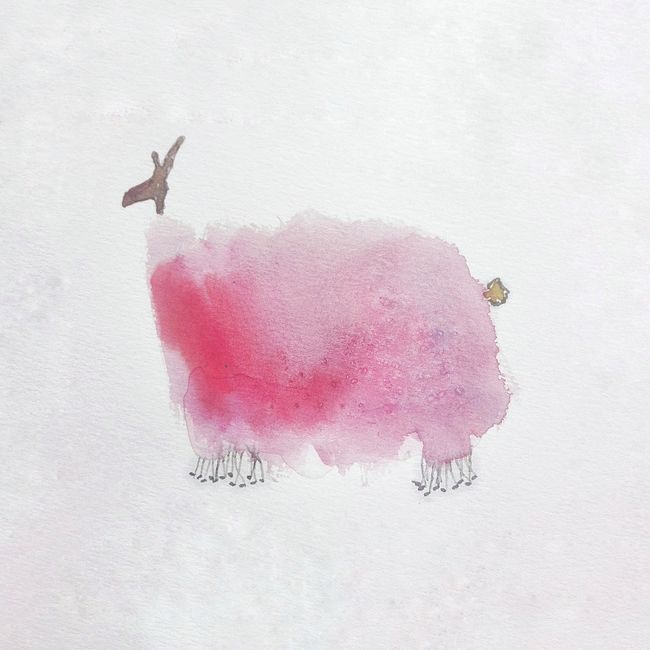Scent of the Caribbean
Lofalitsidwa: 22.02.2019
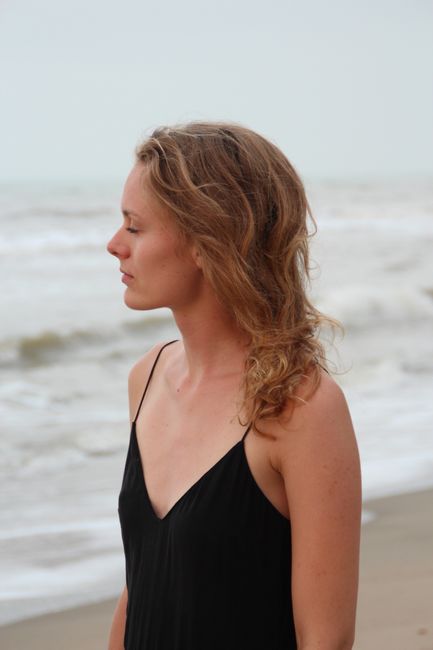
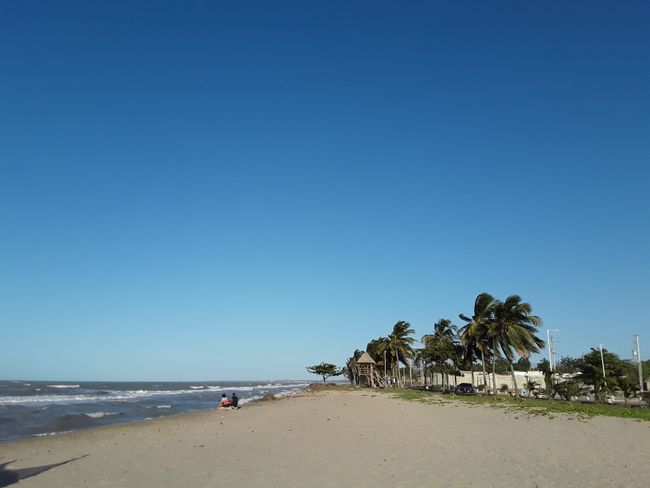
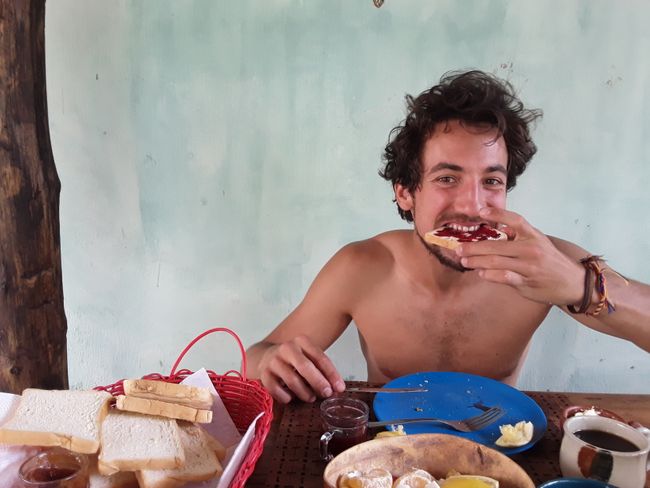
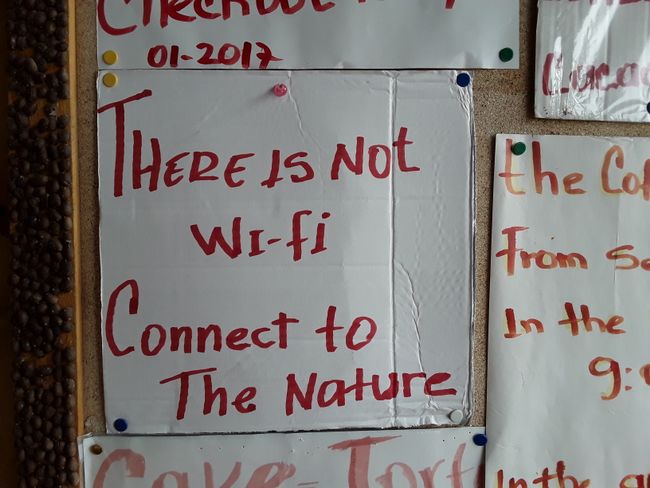
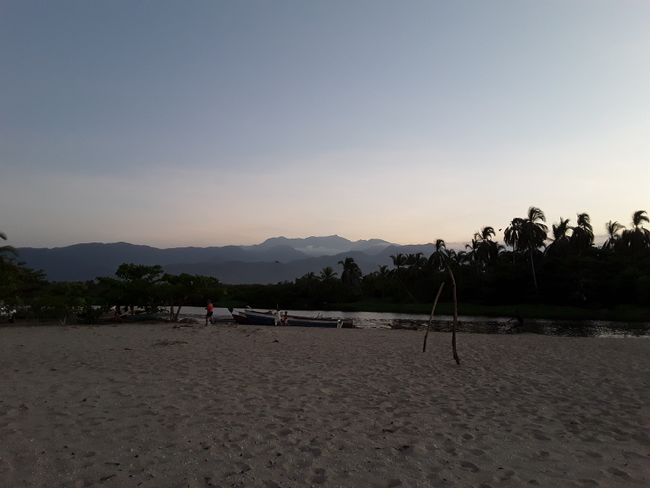
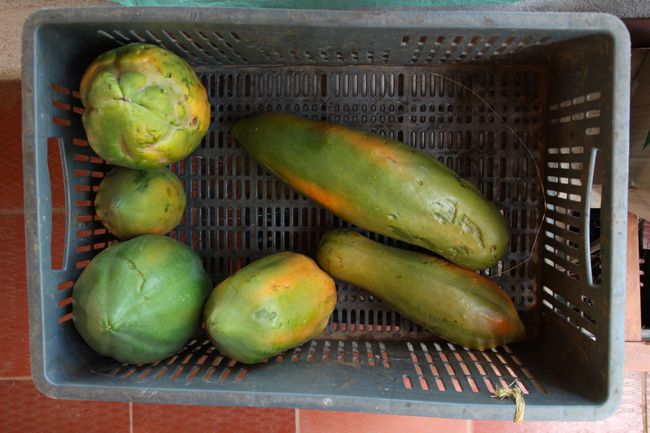
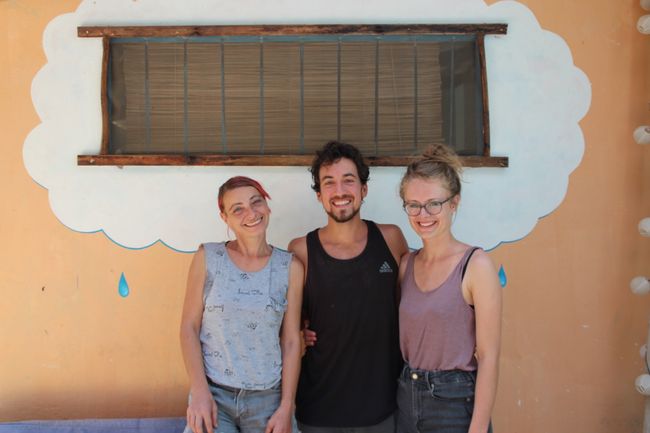
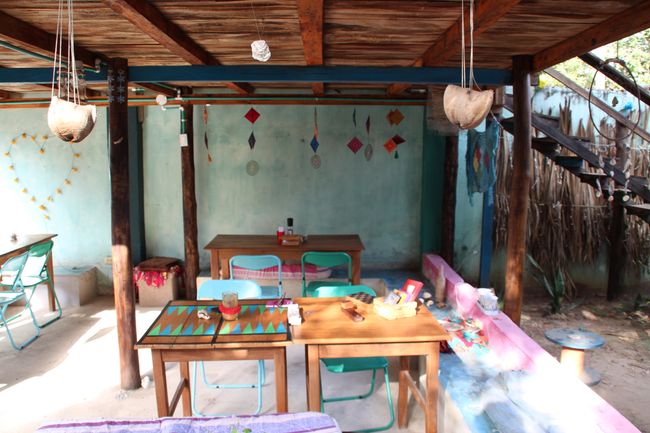
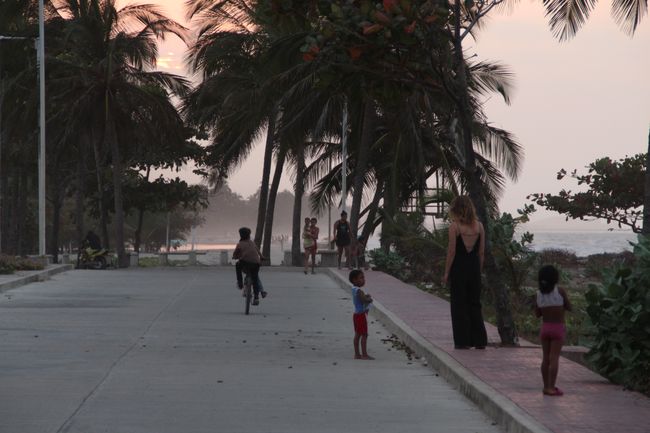
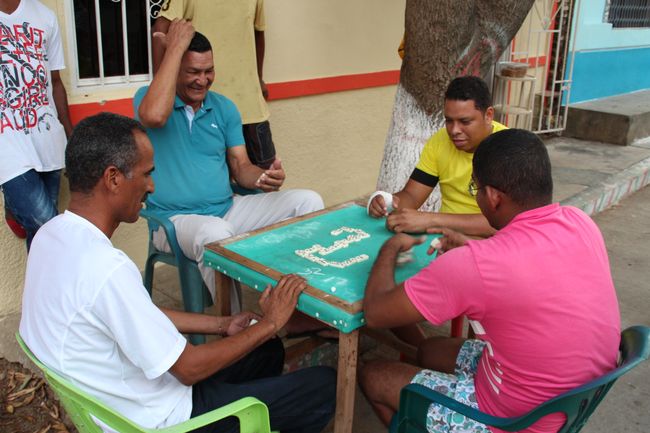
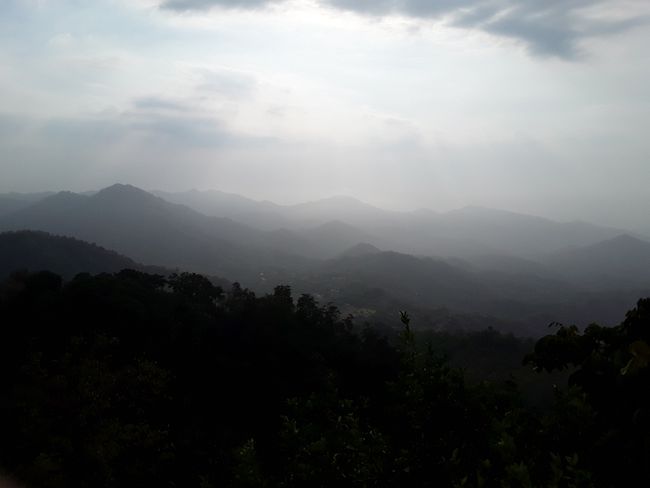
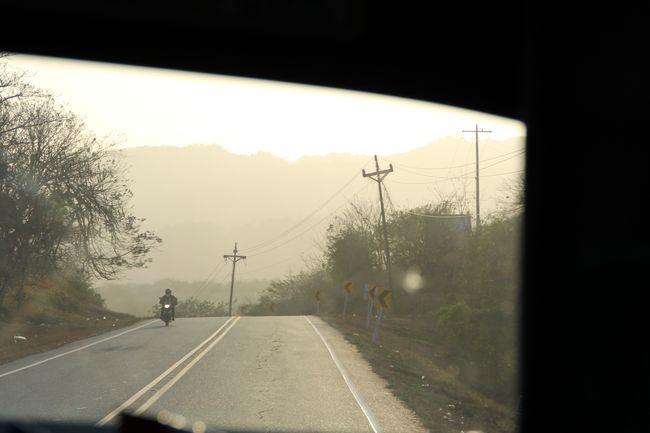
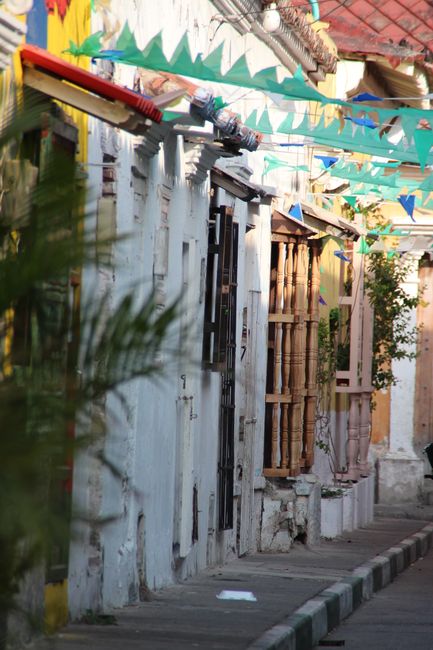
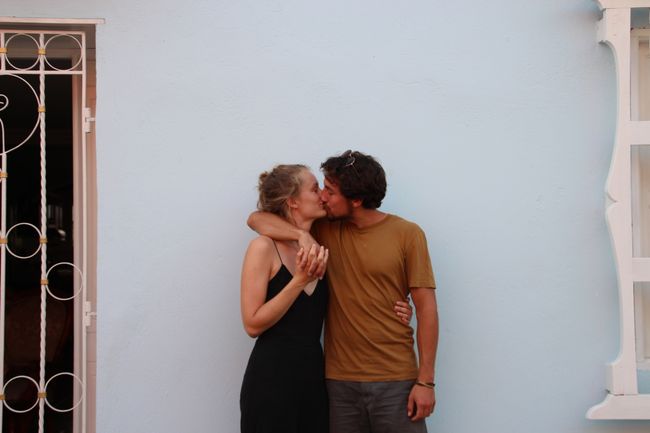
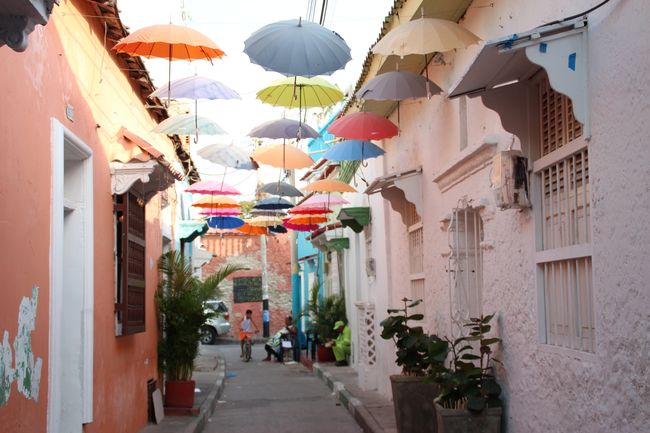
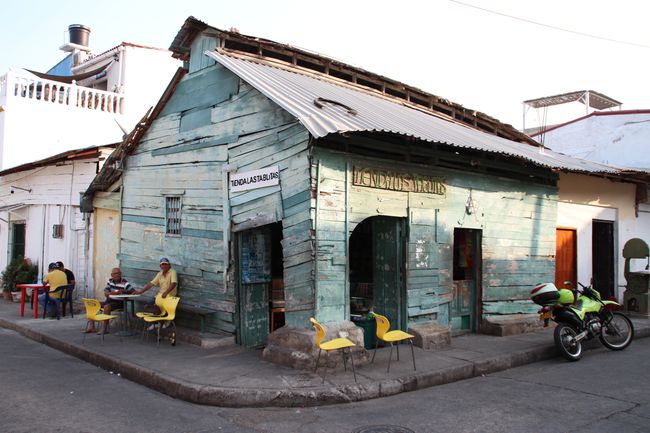
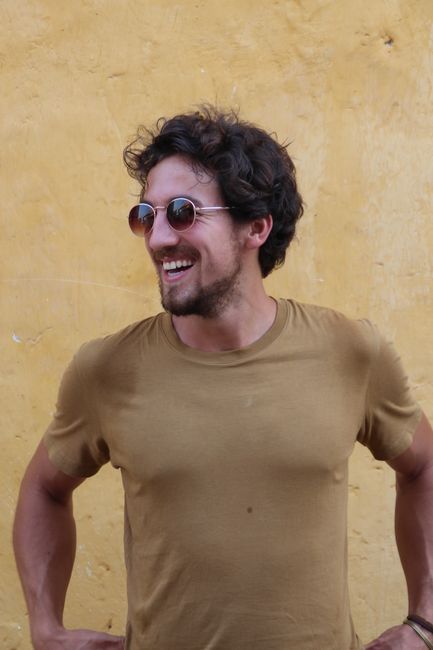
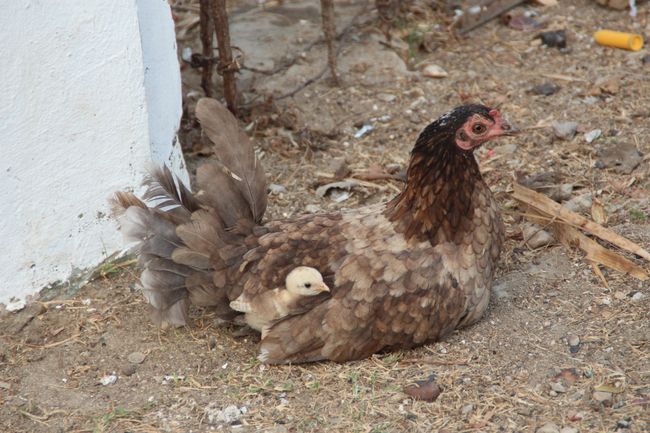
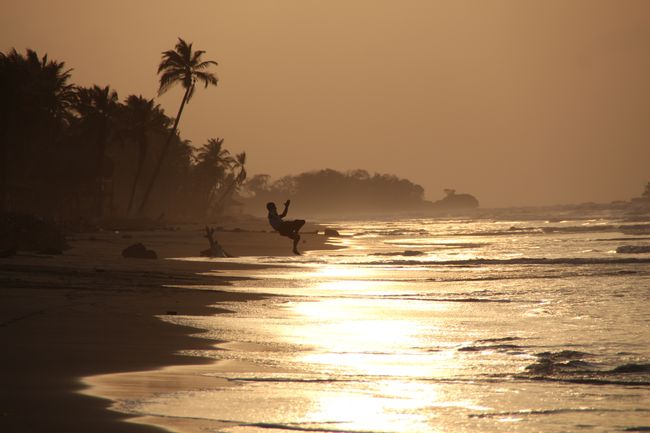
Lembetsani ku Newsletter
The plane was just a few meters above the sea floor, the wheels were about to touch the water any moment, when suddenly a runway appeared in the middle of the sea, saving us from a water landing. The water is turquoise blue, the temperatures unbelievably hot, but the sea breeze is refreshing. Welcome to the Caribbean!
We arrived at our accommodation for the next few days after a few more hours by bus in the darkness. We were briefly unsure if we should really do the last stretch on motorcycle taxis, as we would have had to split up because of our luggage. I was very relieved when we found a taxi. We were greeted at our hostel by a little boy who helped us carry our things. And then there was the owner Giada, a person marked by life, pink hair, turquoise toenails, smoky voice. At first glance, she could have fit well into the clubs of Warschauer Straße in Berlin, but it didn't take long for her to conquer our hearts with her stunning Sicilian passion. She opened the hostel a little over a year ago and many guests suspected she did it not least because of her passion for cooking. Every evening there were new culinary experiments and flights of fancy. Giada was very keen on eating together, so she cooked and then sat down with us guests at the set table to have dinner together. The vegetarian food tasted fantastic, but I was also fascinated by her experiences in building the hostel and her ideas about what her hostel should be. Giada lived a whole different life ages ago: Originally trained as a psychologist, she established a good reputation as a manager in the upscale gastronomy industry in London, turning unprofitable businesses into gold mines. In doing so, she uncovered adventurous cocaine escapades of the waitstaff and tamed violent star chefs with her 1.55 meters of pure energy. Afterwards, she built a party hostel in Panama for an international hostel chain, which from that point on would be fully booked by Canadian and American backpackers for the next few months. A night cost between $150-$200, there was a party every day, games, drugs, quiz nights for free shots, the full program. Excursions to tourist attractions were all pre-programmed and always accompanied by a refreshing splash of alcohol. Despite the intoxicating success, Giada didn't want to play along anymore and traveled through South America for over 5 years and now wants to create an alternative to impersonal and unfree mass tourism with her hostel "mangal". To this end, she wants to keep her hostel manageable and has also established such communal dinners where homemade food is always eaten with love. In addition, the scarce resources of water and electricity are to be saved as much as possible through recycling and conscious use. New to me was the idea of opening the doors of the hostel to the whole village, making it a meeting place for everyone, so we came into contact with locals again and again. So we went out for pizza together in the evening, rode motorcycles through the nighttime village, went on river hikes and a trip to a nearby farm. Giada effortlessly solves one of the traveler's biggest problems: the search for opportunities for authentic exchange. The mangal Hostel provides exactly that space, it is open, manageable and fundamentally warm and friendly. We both liked the days here so much that we extended our stay and even for 2 days we were the only guests, a sense of familiarity spread and almost a family atmosphere when the three of us sat down for dinner together.
With a heavy heart, we finally parted from Giada and set off to meet Alex & Amelie in Santa Marta as planned. We met the two at mangal and had the same idea to travel to Minca. The place is magically attracting dropouts and backpackers, even though it is swarming with those tiny mosquitoes in the mountains that devour you if you once forget to spray a part of your ankle. In the following days, the four of us became really good friends, we visited a coffee and cocoa farm, flew a drone with amazement through ports, to a remote island and over treetops, talked a lot about personal development and family, exchanged books, did morning yoga together and attended a breathing course called "Breath-Works" that gave us intense experiences. We enjoyed the time very much and this farewell was not easy for us either.
Our next visit was supposed to be the city of Cartagena. David also warmly recommended this city to us, especially its nightlife, and now we can absolutely understand why. The city is full of life, the former workers' and craftsmen's quarter Getsemani is today the Caribbean Kreuzberg, delicious food everywhere, stylish people, colorful painted houses, street art & graffiti, street musicians, street food and bars. In the evenings (as everywhere on the Colombian coast so far) people gather on the streets, on the steps to their houses, on plastic chairs on the paths. Spontaneous groups form here and there, dancing together or making music. Age doesn't matter at all, from old ladies to children, everyone is there. No question, the city is also touristy, but the tourists here in this quarter mix pleasantly with the locals. Sinja and I walk through the streets, inspired by this lifestyle, until late at night, looking for the city's best ice cream parlors and sitting on steps, watching the people and the hustle and bustle of backpackers, posh tourists and prostitutes with pleasure.
Now we're back by the sea, near San Bernardo del Viento. Sinja is lying in front of me in a bright yellow hammock, absorbed in her book. My toes nestle into the sand at my feet. I am always surprised at how fine and velvety it is. Above us, the large palm fronds sway in the wind, I look out at the sea, listen to the surf. After a long walk on the beach in the morning, we will fully enjoy the proximity to the water at lunchtime. There is a fantastic selection of fresh fish and seafood, for example, various forms of the famous ceviche are served. Time whispers benevolently in our ear: "Today, you won't miss anything...". Sinja and I can't resist and we adopt the serenity that is shown to us. And yet, some people here would have every reason to worry. The sea has crept closer and closer to the front row of beach houses in the last few decades and is inexorably advancing. We are told that our accommodation, where we are currently staying, will no longer exist in a few decades. But no one here buries their head in the sand, instead a loud sound wave resonates from many wide-open apartment doors into the front yards, onto the streets, the beach, and usually beyond: Live now!
And that's exactly what I'm going to do now, plunge into the waves and get a little refreshment...!!
Lembetsani ku Newsletter
Yankhani (1)
Yasmine
Anders kann ich dich leider nicht erreichen: Wir wünschen dir nur das Beste zum Geburtstag! Geniesst die Zeit und schreibt weiterhin so wundervolle Reiseberichte! Habe jeden einzelnen gelesen und war jedes mal begeistert :) liebe Grüße aus der Heimat! 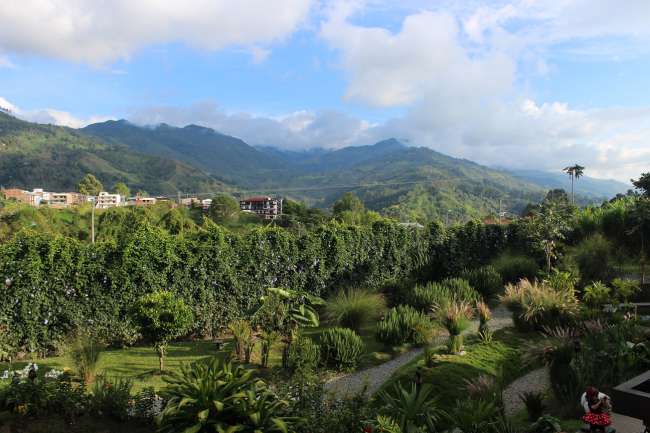
Malipoti amaulendo Colombia
